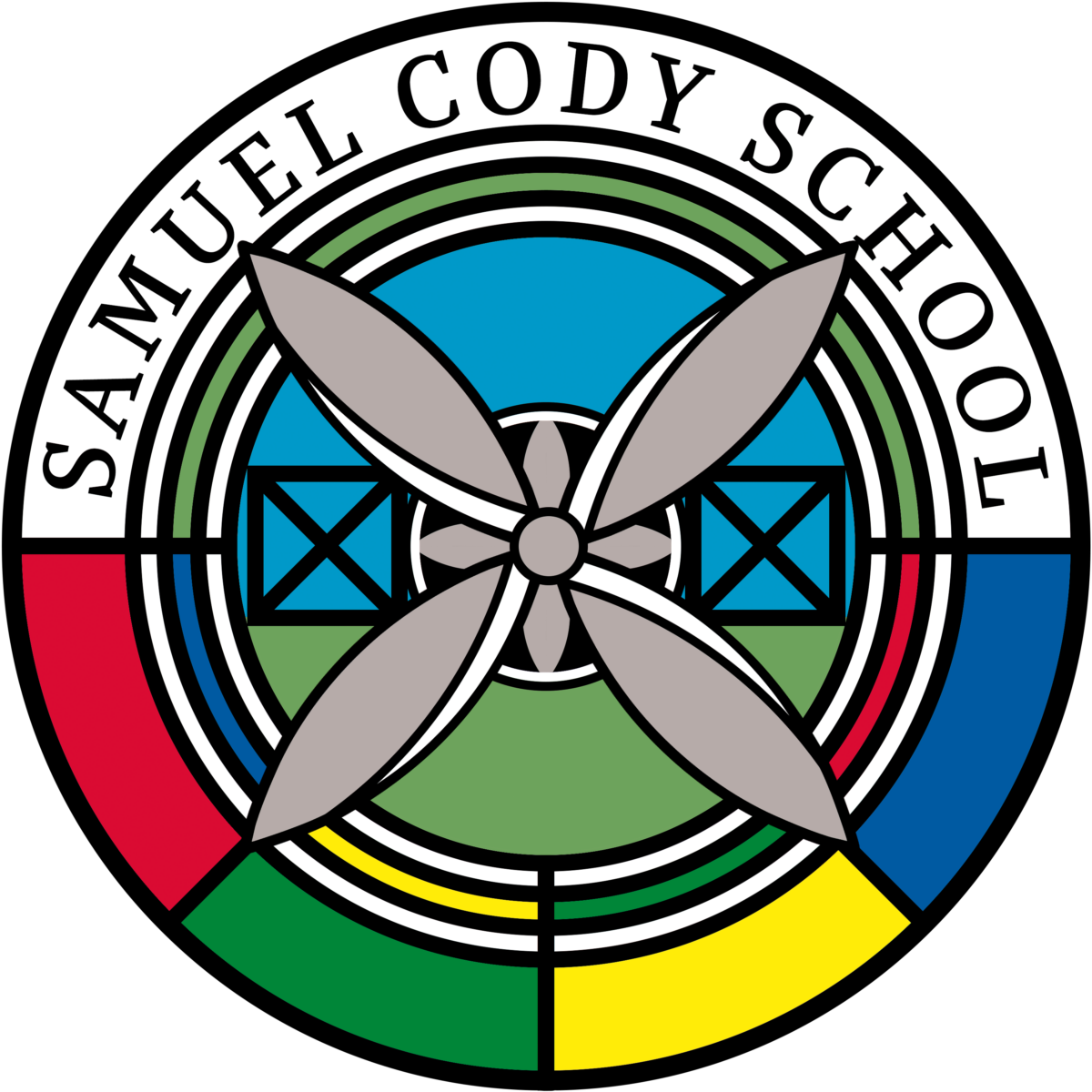Select a Page
Maths
The Intentions, Implementation and Impact of our Maths Curriculum
Intentions & Implementations
EYFS
Children working at the EYFS stage with begin their Maths learning by being exposed to basic mathematical concepts through play. Adults will play a large role in organising activities and games which include numbers, colours and shapes. Technical vocabulary will be used and repeated, encouraging children to copy and begin to use it in the right contexts. Opportunities during daily routines will be used to reinforce where Maths can be found in daily life. Adults will model how concrete objects and visual images can be linked to abstract numbers and their value.
We will also use ‘Numberblocks’, a BBC series, with ‘snappy animation and loveable characters combined with engaging story lines’ to gently introduce concepts of number and support early mathematical understanding. The progressive planning designed by NCETM will allow engaging activities to run alongside episodes to create an enjoyable and interactive style of learning.
Key Stage One
In Key Stage One children will continue to be exposed to numbers displayed in a variety of ways (objects, images and abstract forms) and encouraged to learn to recognise numbers to 50. Teaching will follow the progressive steps of the NCETM Spines and the supportive visual representations will be used to make learning engaging and exciting. All mathematical concepts will be linked to problem solving and real life scenarios so that children can understand how these skills can be utilised in their daily lives.
Learning will be tailored to the children’s individual abilities and lessons will be arranged into small intimate groups with interactive activities and games to engage the children’s interest. The aim is to improve children’s confidence in recognising numbers in a variety of ways and then beginning to use them in simple addition and subtraction problems, such as one more and one less.
There will be opportunities for the children to develop their understanding of types of measurements including time and money, and adults will model the appropriate language for each. Time will be spent improving children’s recognition of basic 2D shapes and some of their basic properties.
Key Stage Two
An important goal in Key Stage 2 is to build upon children’s previous knowledge of number, shape and measure so that they are confident in these areas before developing their skills further.
Maths learning will continue to follow the structure of the NCETM Spines and the supportive visual representations. Concepts will be taught through real life scenarios and practiced with cartoon situations which will aim to engage children in problem solving and build a positive attitude towards developing their maths skills.
The Maths curriculum aims to extend the children’s understanding of numbers up to 1000 and beyond where necessary. They will learn to recognise the function of the four operations and their correlating symbols and children will learn to choose appropriate problem solving methods in order to work more efficiently. They will become confident in their knowledge of 2D shapes and their properties, and then move onto developing their understanding of 3D shapes too. Children will be taught to use measuring tools with more independence and they will learn how to read simples scales. Each of these skills will be developed through practical scenarios to demonstrate to children how these mathematical skills can be related to real-life scenarios. More reasoning will be introduced to encourage children to use their mathematical knowledge to give a rationale to their answers.
Impact
We hope to develop and embed positive attitudes towards maths within our learners and demonstrate to the children how mathematical skills are essential in their daily lives. The gradual progressive increments in the NCETM spines allow children to develop a deep understanding of concepts through a mastery of maths. Children will become more confident and independent in their working which in turn will improve their self-esteem. The key skills which we have taught the children should support them to function in daily tasks such as visiting a shop, recognising and reading numbers in the community and understanding the value of amounts.
